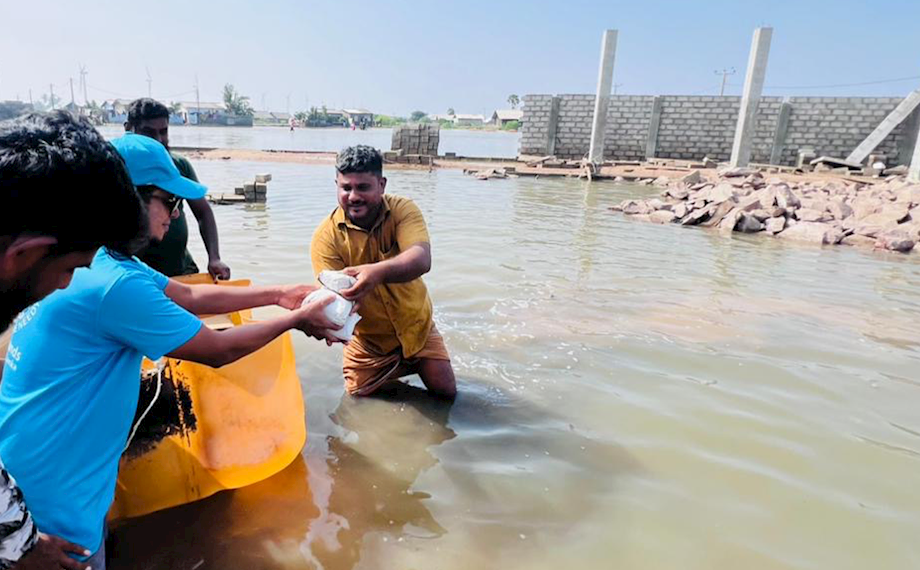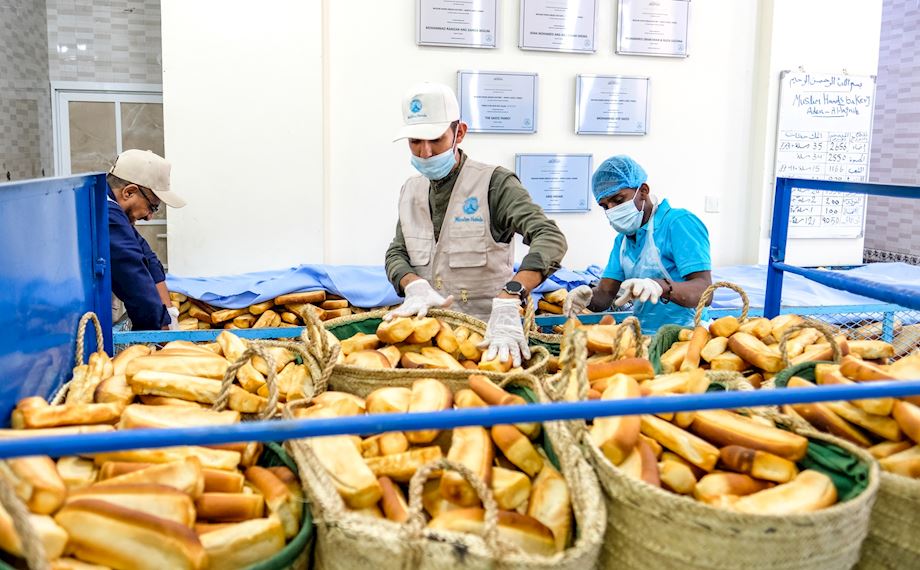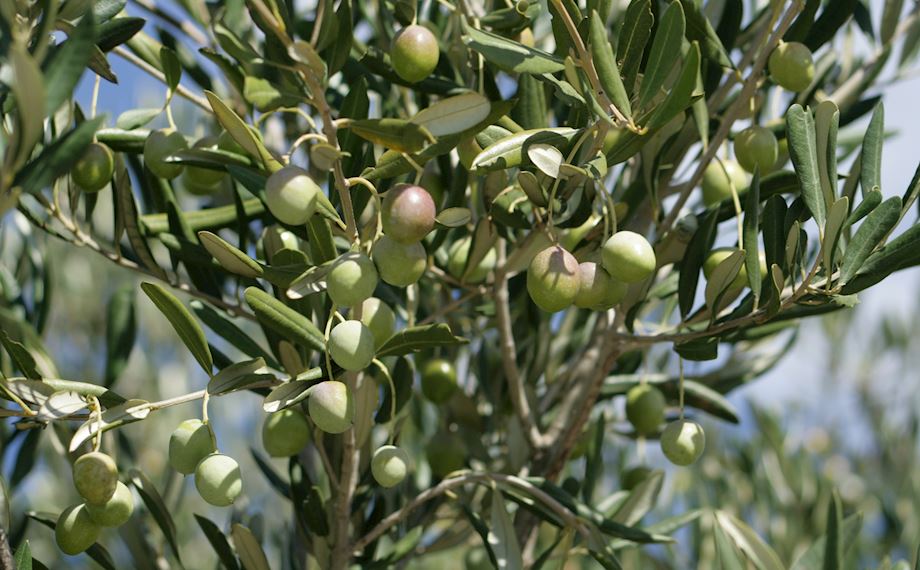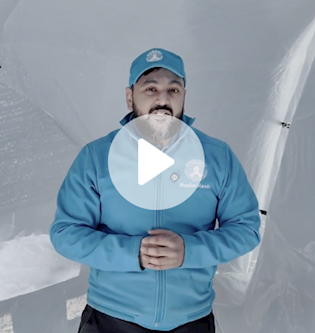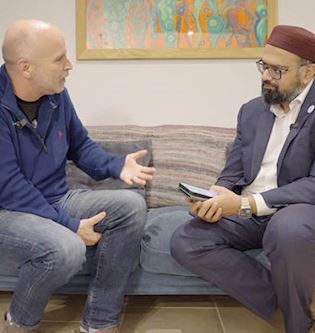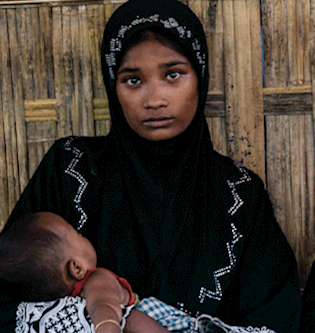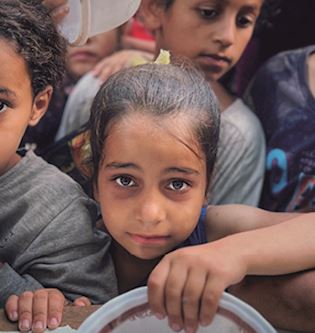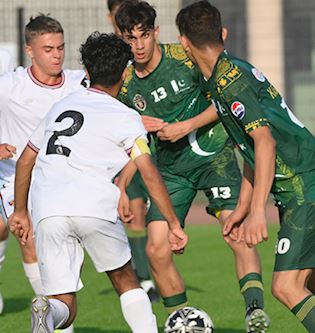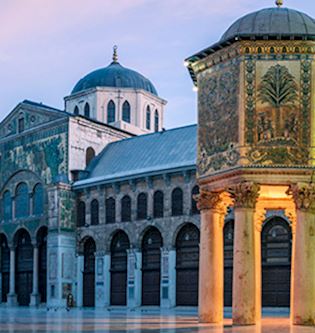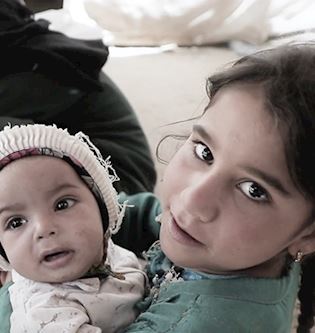Explained: How Does the Emergency Fund Help?

At Muslim Hands, we have several 'general' funds, including a Safe Water Fund, an Orphans Fund and an Emergency Fund. These funds have two main purposes:
- A general fund helps us support beneficiaries more effectively, as it allows our local experts to allocate your Zakat and Sadaqah to where it is most needed on the ground. For example, they can decide to give orphans a school bus or new uniforms, depending on what is most needed.
- A general fund also means donors have more flexibility in how much they give to a cause. For example, some donors may want to provide clean water but they can't afford to build a well. They can set up a £5 regular donation to the Safe Water Fund instead, to reap the rewards of this Sadaqah Jariyah.
As a charity, we always strive to uphold our transparency towards you. We want you to know exactly how we use the donations you give to our general funds! With that in mind, we've put together an article about our Emergency Fund, explaining why it's important, who it is helping and how your charity makes a difference.
1. What is the purpose of the Emergency Fund?
The dictionary definition of an emergency is 'a serious, unexpected, and often dangerous situation requiring immediate action'. This 'immediate action' is exactly what our Emergency Fund is for.
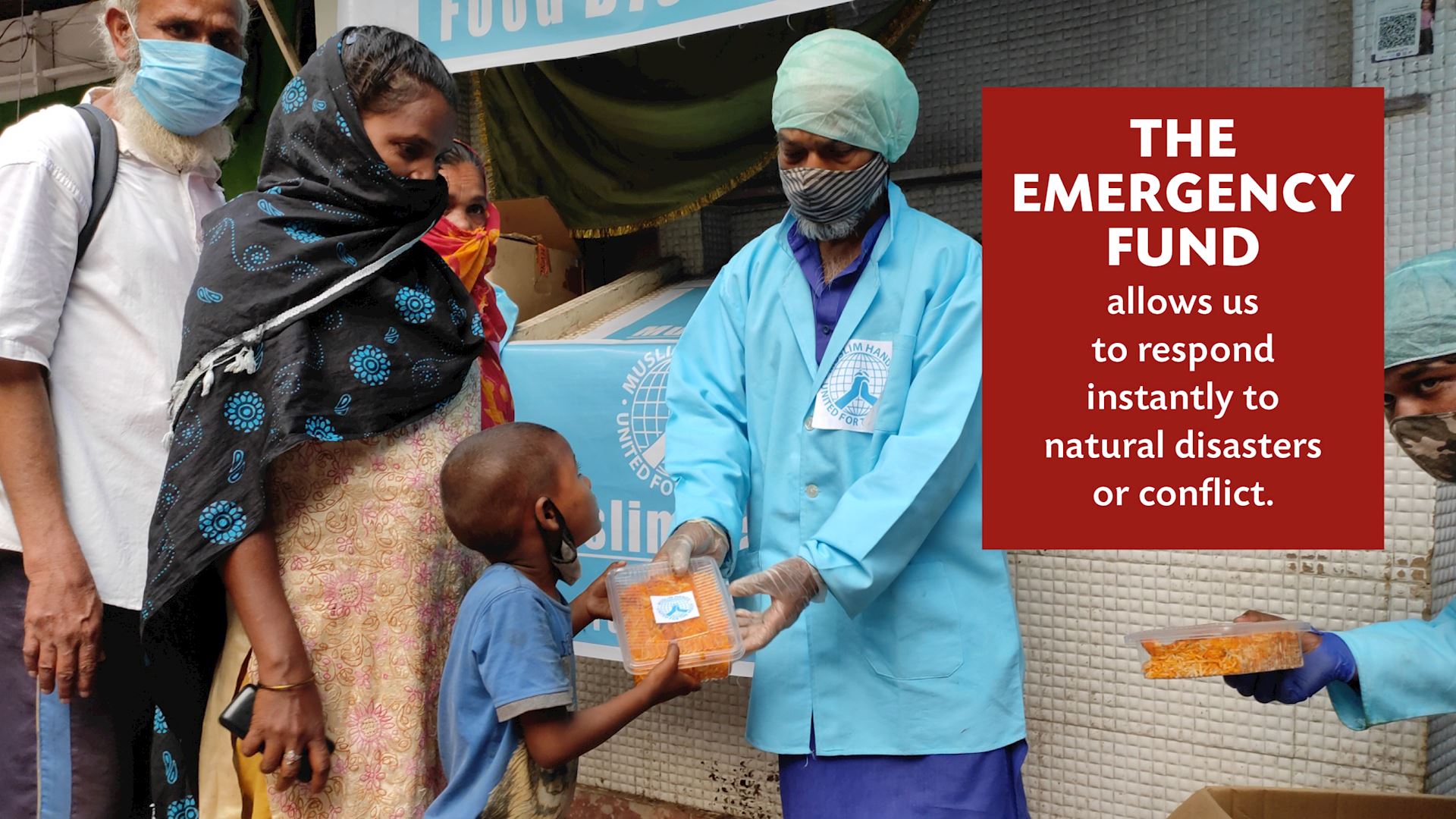
Your donations to this fund allow us to respond instantly to natural disasters or conflict. From providing hot meals to earthquake survivors to distributing blankets to refugees fleeing violence, your charity helps victims get through the worst of a dangerous situation.
2. Why is the Emergency Fund important?
As a crisis unfolds, it is imperative to get aid to victims as soon as possible. Without delay, they need to be fed, clothed, given medical aid and sheltered.
The Emergency Fund means that we do not have to spend vital hours fundraising before we can respond to a crisis. Before we even send out an appeal email or publish a social media post, our team are on the ground ready to give relief. They can immediately begin purchasing and distributing vital items like blankets, clean water and mosquito nets, literally saving lives.
3. Where do you send donations to the Emergency Fund?
The Emergency Fund is used when a disaster strikes wherever we have a team or a partner on the ground.
For example, we already have teams in Afghanistan, Pakistan, Niger and Sudan. So when flooding struck these countries in September 2020, our teams could immediately assess the situation and use the Emergency Fund to respond.

The intervention varied depending on the location. In Pakistan, it included providing hot cooked meals to flooding survivors; in Sudan, people who had lost their homes needed mosquito nets while sleeping in the open. Our team took into account local poverty levels, worries about coronavirus - and we could send them the money for whatever they needed, because we had the Emergency Fund.
Similarly, when wildfires struck Turkey in August 2021, we already had a field office on the ground who could provide essential equipment to responding fire officers, including heat resistant glasses and fire resistant clothes. They also gave survivors food, water, clothes and hygiene kits.
In both situations:
- An emergency struck
- We had a team on the ground, so we reached out to them
- They told us the need and how they could respond
- We sent them funds to respond immediately
Already having a team on the ground, we can then send you an email or upload a social media post, informing you that we are already responding to the crisis and reminding you that you can give to the Emergency Fund to help.
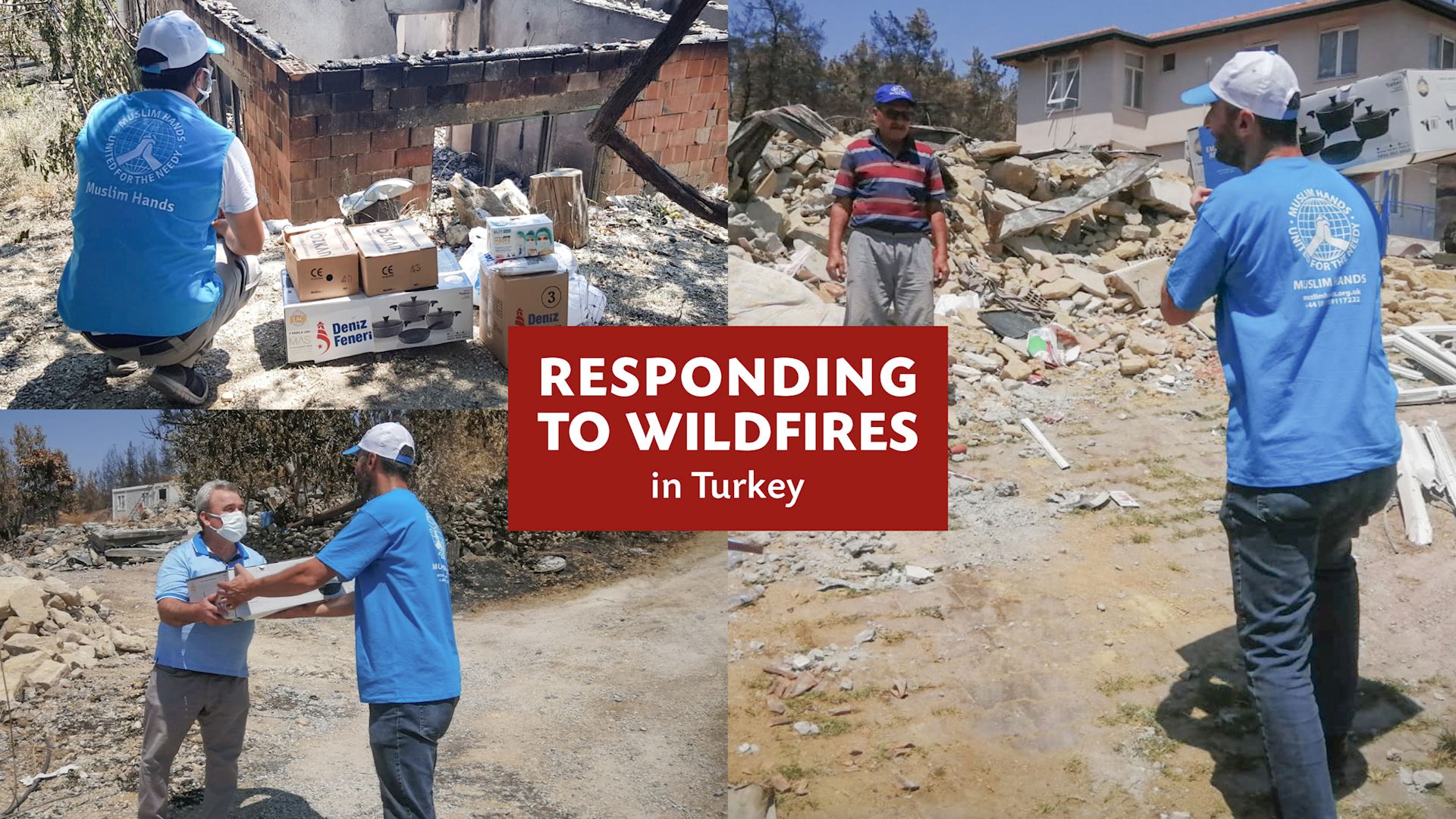
In cases where we don't have a team or partner to work with, we can't respond during the first few days of a crisis. But we know you are anxious to help out, so we will do our best to look for a partner to help us distribute aid as soon as possible.
For example, after recent flooding in Haiti, we found a partner in Trinidad and Tobago who had people on the ground, but not enough funds to work with. By combining our resources, they can fly into Haiti and distribute relief that you've sent to survivors, all thanks to the Emergency Fund.
4. What is the difference between 'Emergency' and 'Where Most Needed'?
We also have a Where Most Needed Fund on our website, which we've explained in detail in this article. Here is a brief summary:
The Where Most Needed Fund is not simply our ‘crisis mode’ fund. Its purpose is not instant relief; rather, it gives constant support to all of our projects. It often works alongside the Emergency Fund to bring relief to the most vulnerable, but it also keeps our long-term projects running when they don't have enough funds. The Where Most Needed Fund is thus for meeting any need of our global projects, both emergency and long-term.
On the other hand, the Emergency Fund is solely dedicated to emergencies. We know that when you see a disaster unfolding on the news or social media, you immediately want to reach out and help the shocked and distressed survivors - and the Emergency Fund means you can do this instantly, on the same day a crisis strikes.
5. Does my entire donation go to those in need?
Our Emergency Fund has the same donation policy as the rest of our projects: 90% goes to projects on the ground, 10% goes to generating further funds to support these projects. We have covered this in more detail in:
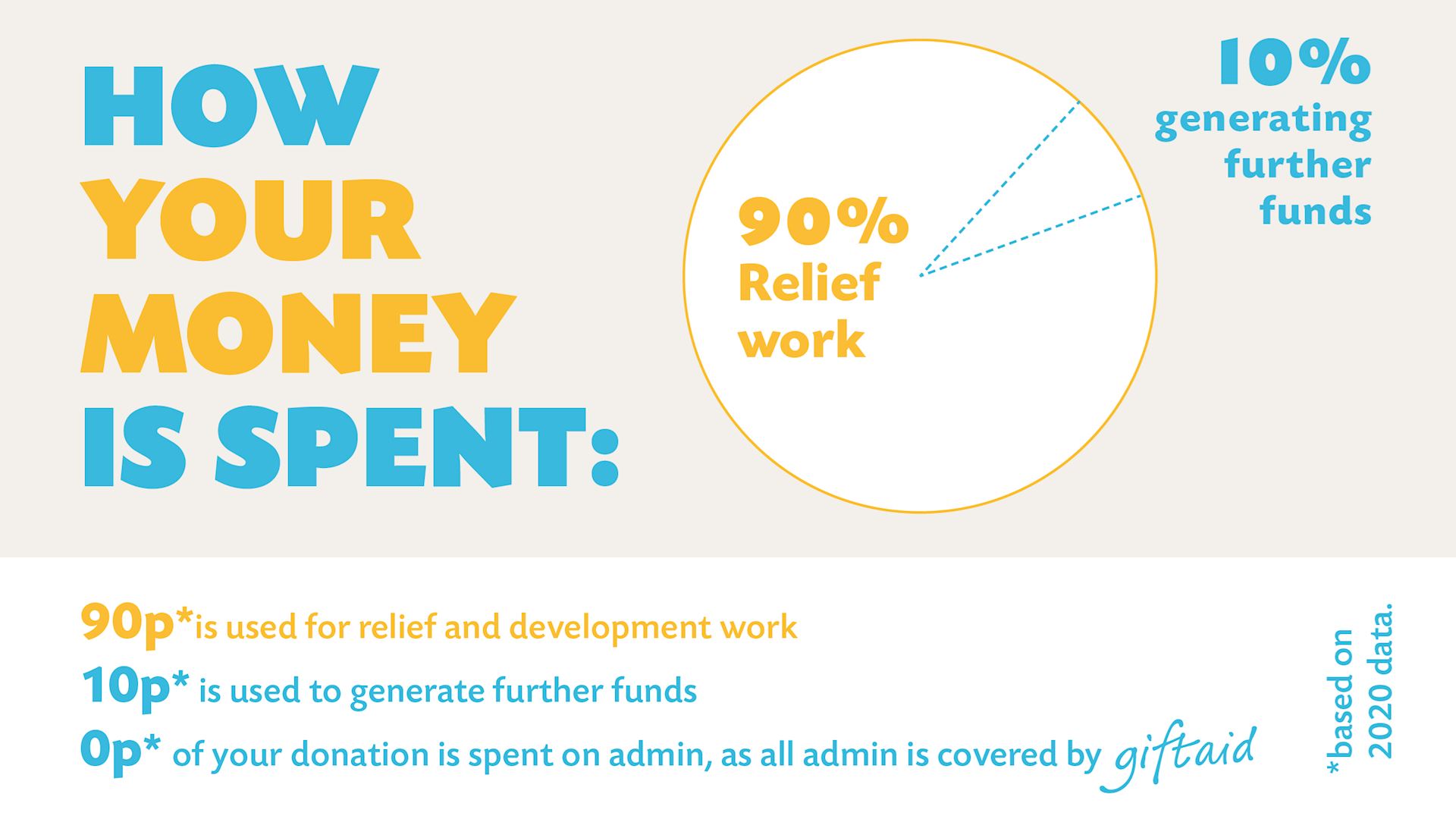
Thus, if you give £1 towards the Emergency Fund, 90p will go towards vital items - e.g. food and blankets - while 10p will go towards raising more funds. This 10p is not for admin costs, as all our admin costs are covered by Gift Aid. Instead, this 10p is solely for raising and collecting funds for our humanitarian projects, including emergency relief.
In this way, your donation allows us to inform even more people about the urgent need on the ground, so they can help out too.
6. Why should I give regularly to the Emergency Fund?
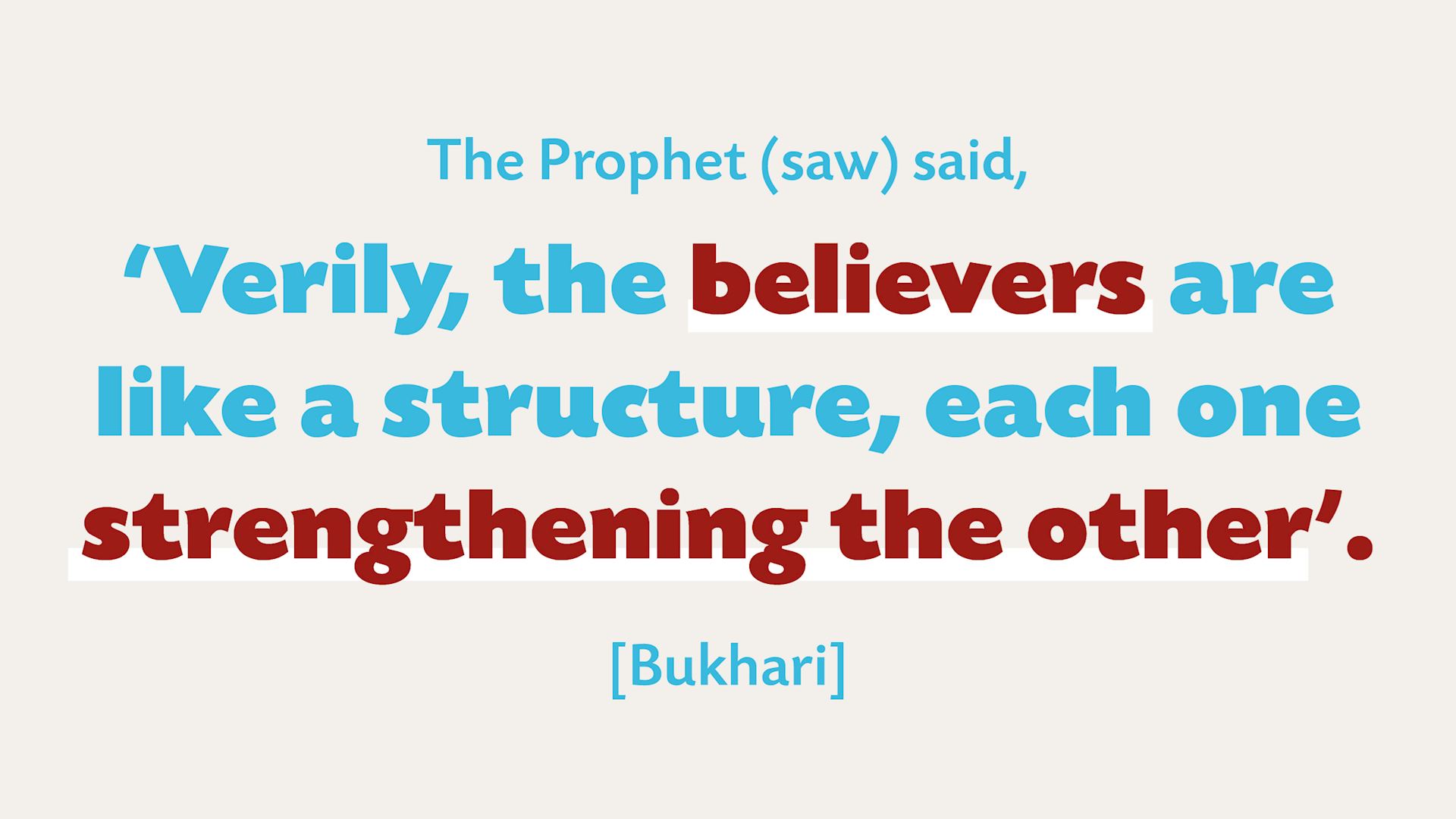
There are so many people currently in a 'weaker' situation than ours. In the slums of Bangladesh, overcrowding and poor planning have put poor families at risk of fire. On the banks of the river Nile, climate change is worsening the annual flooding - in 2020, the waters of the Nile rose to 57 feet, the highest in 100 years, leading to a state of emergency. Haiti is reeling from its president's assassination and escalating gang violence. Turkey is recovering from wildfires in 130 districts.
Thus, from global warming to political instability, more and more families are finding themselves in emergency situations. When disaster strikes, they are tested with hunger, displacement and grief - and they need us to help.
We are in a place of strength, with the resources to help; we can support them when they find themselves in a position of vulnerability.
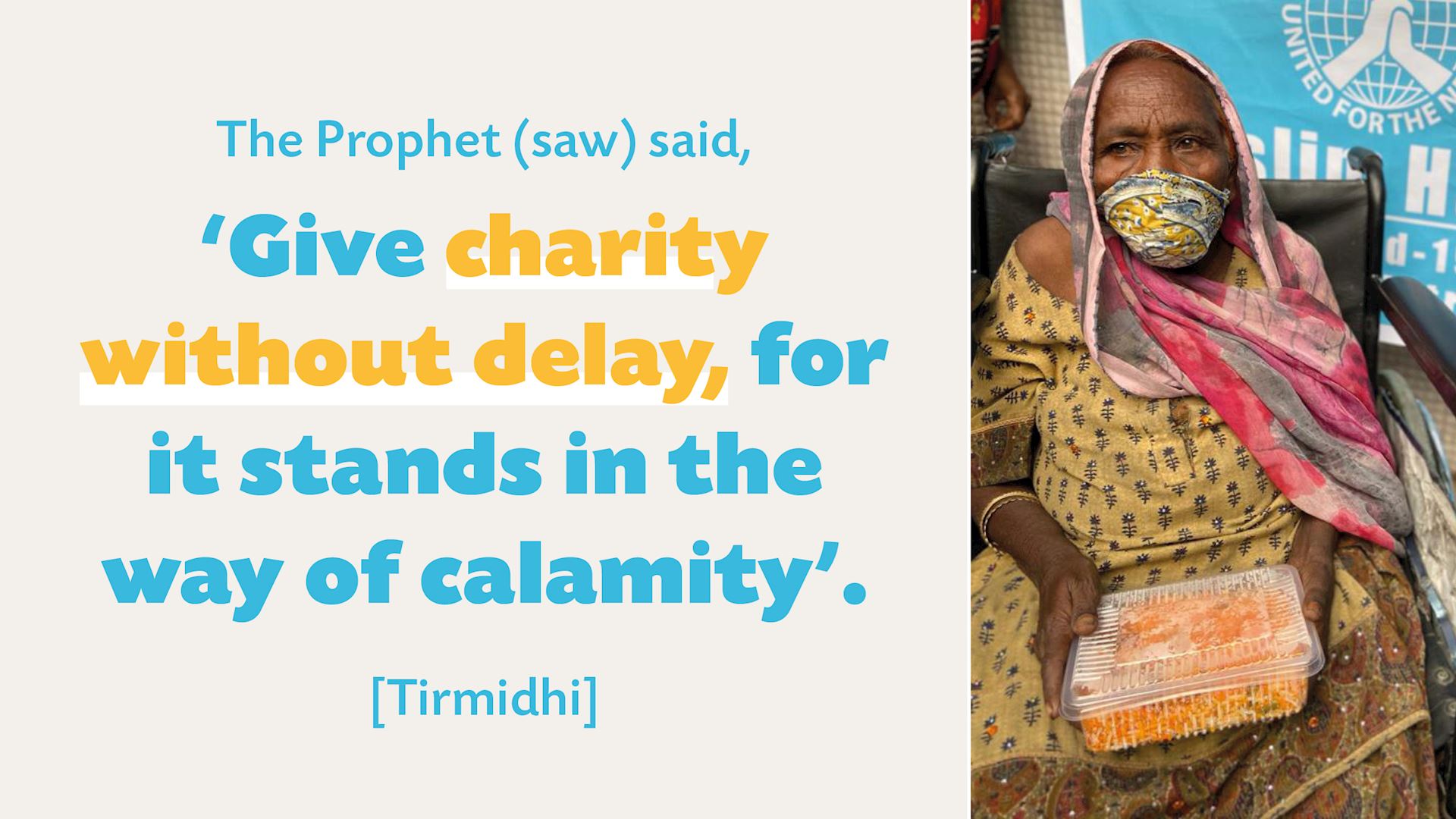
By setting up a monthly donation to the Emergency Fund, you can be a source of strength for others while protecting yourself from calamity, in sha Allah.
When our team on the ground are faced with an earthquake, flooding or a sudden outbreak of violence, we won't need to waste time fundraising. We won't need to scramble in search of support. We won't need to delay distributing life-saving relief.
Instead, that £10 you gave, that £5 you gave, even that £1 you gave, means we can help victims and survivors instantly.
We will already have the money - all we need to do is send your donation to where Allah (swt) has written it will go.
Muslim Hands is an award-winning charity, established in 1993 to help those needing emergency relief and tackling the root causes of poverty. We hope this article was useful to you - please do share with friends and family, so they can benefit!





